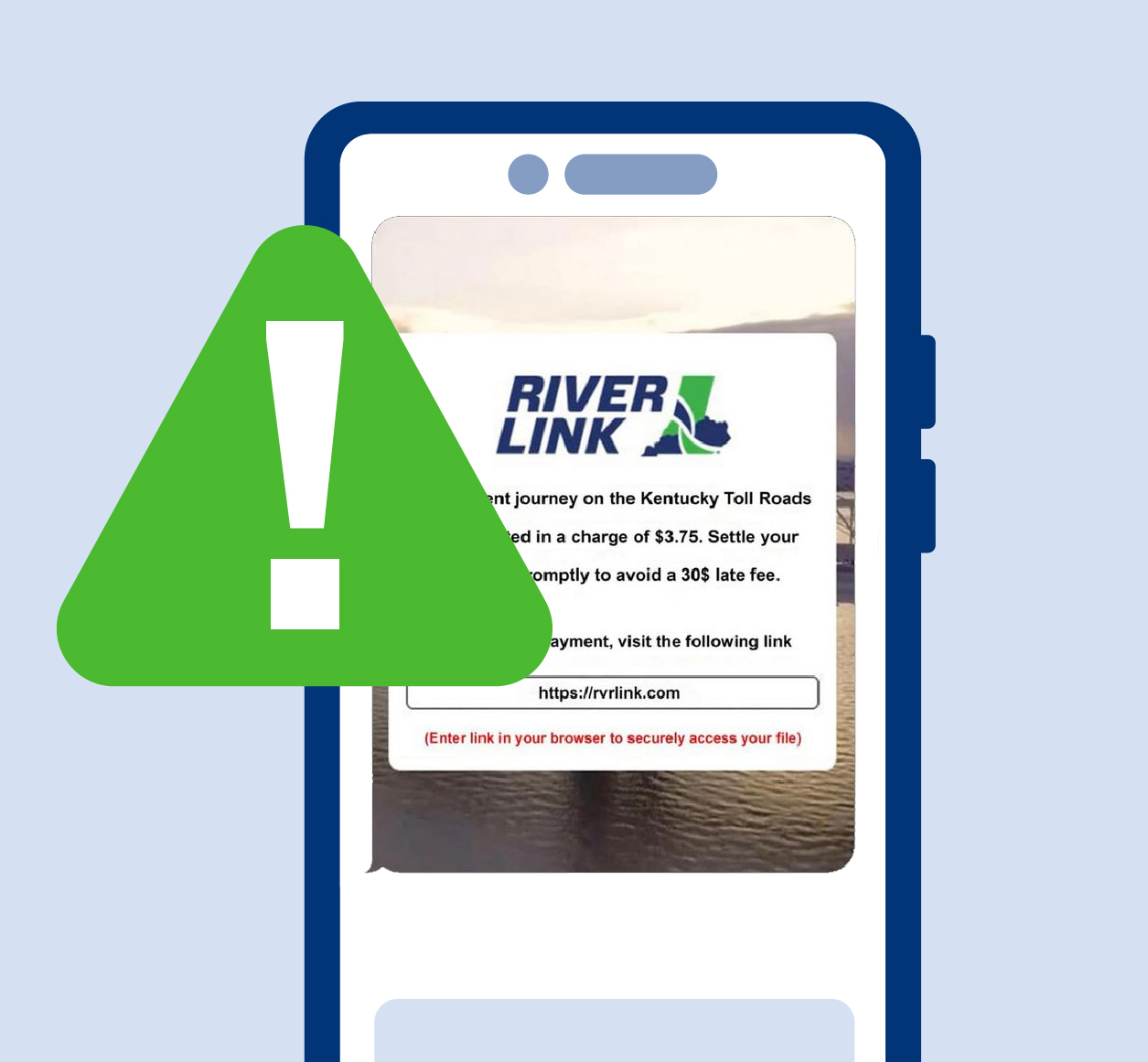Continued improvements remain top priority for Kentucky, Indiana
RiverLink customers are seeing significant improvements in receiving the help they need when reaching out for assistance. A few milestones that reflect the improvements were recently seen including when callers had no wait time during periods this past Thursday, May 23. The average wait time last week (week of May 20) was just over 2 minutes, and the average wait time for the previous week (week of May 13) was just over one minute.
“We are continuing to move in the right direction,” said Amanda Spencer, assistant state highway engineer with the Kentucky Transportation Cabinet. “Improving the system and the customer experience remains a top priority for both Kentucky and Indiana to ensure customer needs and expectations are being met since transitioning to a new provider. As we make those improvements, it’s important for customers to know the help they need is available.”
RiverLink transitioned to a new provider, Electronic Transaction Consultants, LLC (ETC), in September 2023. Invoicing was held from April to August 2023 to prepare for the transition. Catching up with invoicing and responding to extremely high customer service needs led to a series of challenges.
“Challenges are expected when transitioning to a new provider, but the timeframe and scope surpassed the expectations of the states and customers,” said Matt Fulkerson, tolling operations director for the Indiana Department of Transportation. “We know customers have been frustrated by this process. We appreciate the patience of customers during this time, and we are committed to continued improvements.”
Improving Response Times
Significant improvements have been seen in call response times, and customers are increasingly seeing shorter hold times as they contact RiverLink customer service. Some response times were nearly an hour in January. The states stepped in early this year and invested $3.3 million dollars to immediately add more customer service representatives and to improve compensation for workers at the new local call center and RiverLink Walk-Up Centers.
The average speed to answer a call has been improving each month, with an average speed to answer of 19 seconds on Thursday, May 23. Hold times are improving as more calls are answered by representatives.
| Month | Calls Received | Calls Handled | Avg. Speed to Answer |
| April | 54,423 | 40,496 | 0:07:01 |
| March | 70,863 | 38,997 | 0:17:16 |
| February | 82,406 | 37,900 | 0:19:30 |
| January | 86,404 | 26,892 | 0:27:10 |
There are currently an average of 80 agents answering calls every day.
“We’re encouraged by the improvements and want customers to know help is more readily available than it was weeks ago,” Spencer said. “We continue to strive for even more progress.”
Call wait times will always fluctuate depending on the time of day and day of the month. Monday is typically the busiest day of the week, and early morning, lunch hour and early evening are usually the busiest windows. Sharing the news of improved wait times will likely lead to more calls and may increase wait times, but it’s important for customers to know about positive trends in in this area.
Registration Holds
The states do not plan to start implementing vehicle registration holds any time prior to late this year. Registration holds were not implemented following the transition to the new provider to ensure customer needs had stabilized. When implemented, registration holds can be placed after a toll is unpaid after at least four monthly bills. Each bill includes language about additional fees and the possibility of a registration hold after a fourth unpaid bill.
“Registration holds are an important enforcement tool to help ensure all drivers enjoying the benefits of the tolled bridges are paying their fair share,” Fulkerson said. “However, our focus remains on improving customer service prior to reimplementing.”
No timetable has been set to begin implementing registration holds, but significant notice will be provided to customers.

